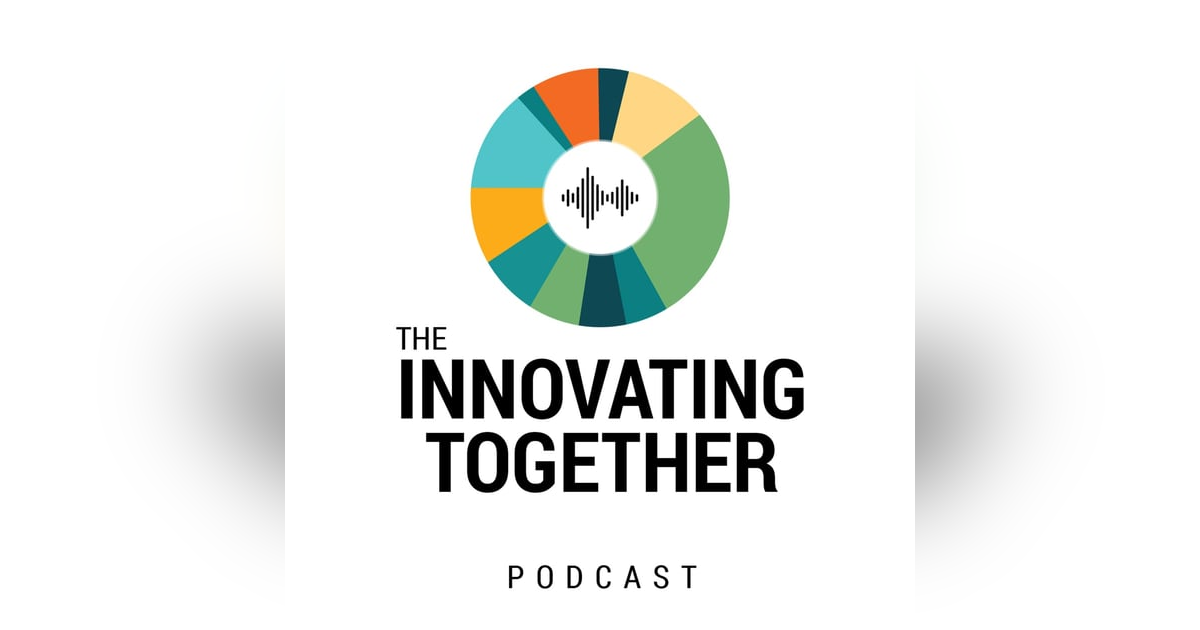Interview with Dr. Richard Reddick from the University of Texas at Austin

Today we’re speaking with Dr. Richard Reddick from the University of Texas at Austin. As a first-generation college student, Dr. Reddick says his job is equal parts teaching, researching, and serving.
Dr. Reddick explains the idea of cultural taxation, which is the invisible labor done by folks of color to support diversity missions at universities. Whether you’re helping as a translator, serving on a diversity committee, or mentoring and advising, these people are not compensated or recognized for their work. At a time of uprisings and conversations on race, students of color are tasked with justifying or making sense of things that are served up with a lack of empathy. We’re still not having productive conversations globally, most of it takes place in classrooms or over Zoom meetings and can be emotionally taxing for students.
Oftentimes, students are like adjunct faculty members in college universities without compensation. All the cultural work being done, all the benefits for students of color, are being born on students' shoulders. How can they be compensated for this work? Is there any leverage we can give them for their time and efforts? Dr. Reddick says we need to recognize the work we’re asking these students to do. They do so much for us, what are we doing to acknowledge or credit this vital work?
In recognition of racial injustices, we create task forces and groups, and then we put folks of color in the position to do the work for their own injustices. Often it takes a person of color, that has been wronged to say let’s start again and begin to bridge that divide. That doesn’t mean white faculty and students don’t need to step up; it’s everybody’s work. It may be necessary that people of color lead, but white folks need to be strong allies. Equity and inclusion work can be risky as your public-facing and often learning as you go. Mistakes are bound to be made, but Dr. Reddick says we need to lean into this discomfort and continue to engage.
--
Welcome to innovating together, a podcast produced by the University Innovation Alliance. This is a podcast for busy people in higher education who are looking for the “aha moments” that can propel their work forward. Innovating Together curates the best insights, research, and experts. To connect with us further, visit www.theuia.org.
--- Send in a voice message: https://podcasters.spotify.com/pod/show/innovationalliance/message
